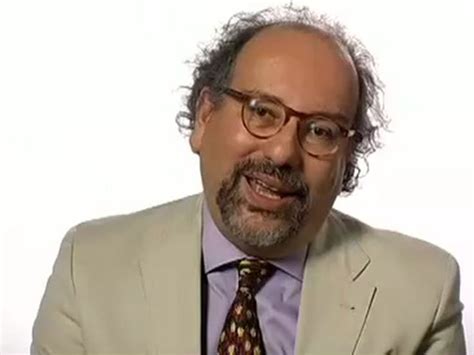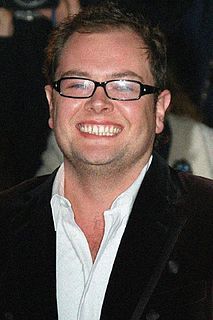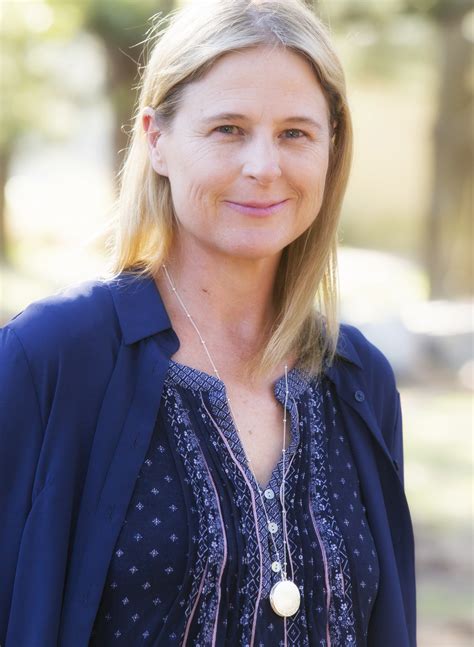A Quote by Thomas Sowell
Sometimes it seems as if there are more solutions than problems. On closer scrutiny, it turns out that many of today's problems are a result of yesterday's solutions.
Related Quotes
It is fascinating to watch politicians come up with 'solutions' to problems that are a direct result of their previous solutions. In many cases, the most efficient thing to do would be to repeal their previous solution and stop being so gung-ho for creating new solutions in the future. But, politically, that is the last thing they will do.
Politicians throughout history have tried to solve every problem conceivable to man, always failing to recognize that many of the problems we face result from previous so-called political solutions. Government cannot be the answer to every human ill. Continuing to view more government as the solution to problems will only make matters worse.
This is what I want you all to do. I want you to open a new document and type up a list of three problems in your life. Not the universe's life - your own. Underneath, type the solutions." "If we know the solutions," said Belle, "they're not problems." "Exactly," said Denny. "You do know the answers to most of your problems. Somewhere deep inside, you know.
My impression was and is that many programming languages and tools represent solutions looking for problems, and I was determined that my work should not fall into that category. Thus, I follow the literature on programming languages and the debates about programming languages primarily looking for ideas for solutions to problems my colleagues and I have encountered in real applications. Other programming languages constitute a mountain of ideas and inspiration-but it has to be mined carefully to avoid featurism and inconsistencies.
To be open to inspiration, one must cultivate a leaning for the problematic, a chronic attraction to things that do not totally fit, agree, or make sense. Inspired ideas are less often solutions to old problems than newly discovered or totally reformulated problems - problems 'created' like brilliant works of art.
Complexity has and will maintain a strong fascination for many people. It is true that we live in a complex world and strive to solve inherently complex problems, which often do require complex mechanisms. However, this should not diminish our desire for elegant solutions, which convince by their clarity and effectiveness. Simple, elegant solutions are more effective, but they are harder to find than complex ones, and they require more time, which we too often believe to be unaffordable



































